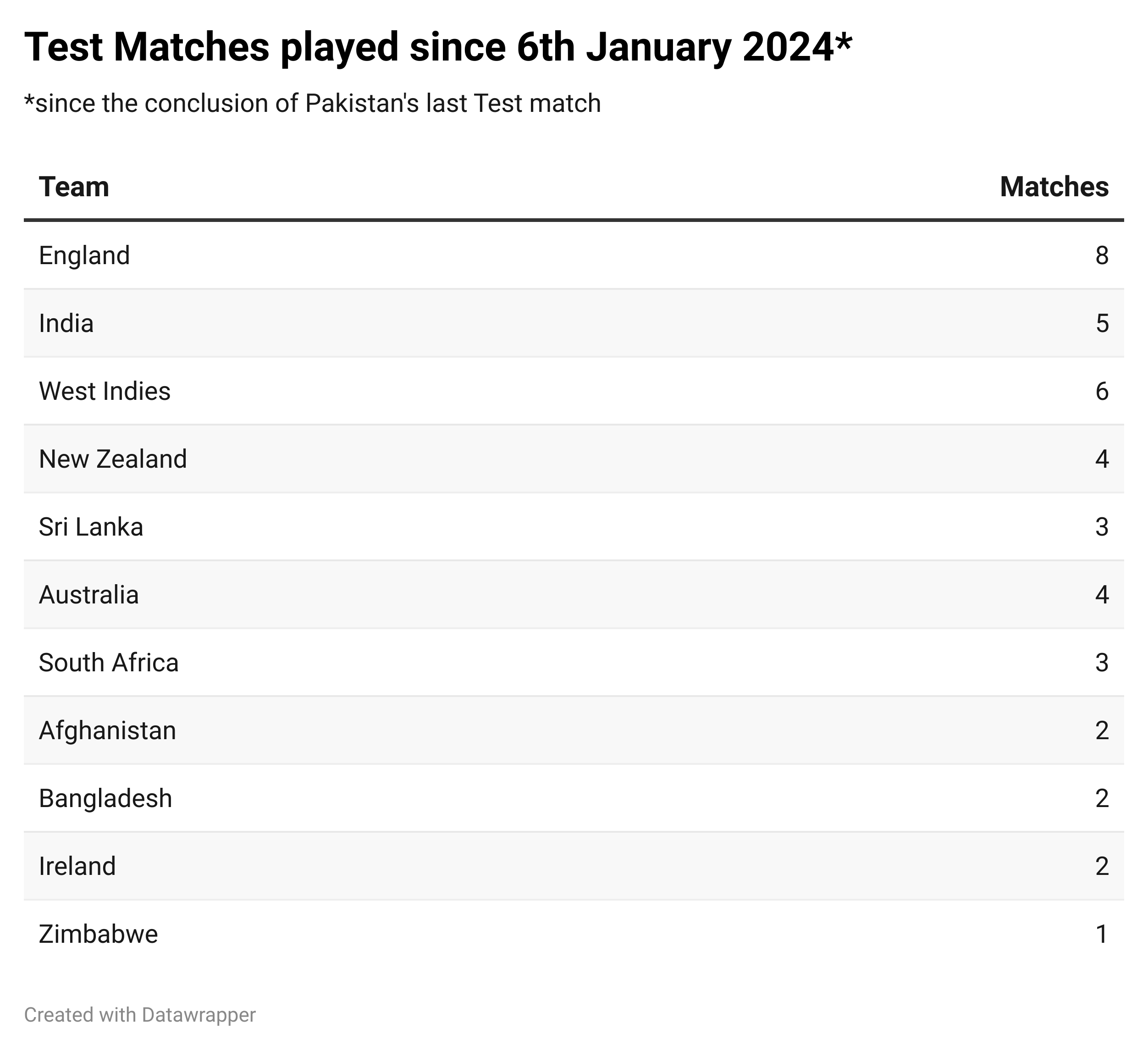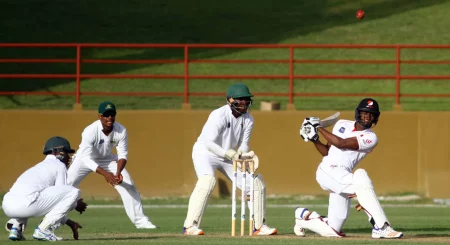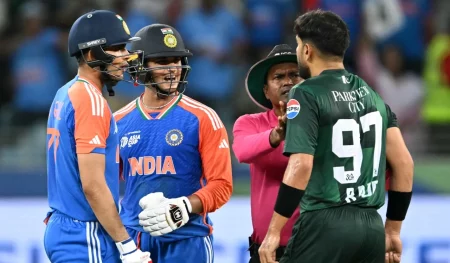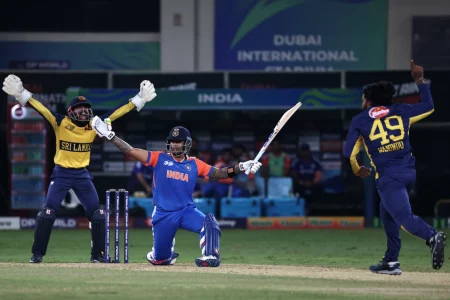On the field, all has been quiet at Pakistan’s end ever since they crashed out of the T20 World Cup. Behind the scenes, however, the Pakistan Cricket Board (PCB) as a whole has since been mulling over the path forward. Within a week, the team will move on from the thinking stage it has been in for the past couple of months and start putting whatever strategy it has devised into action.
What’s funny is that the issues that are deeply rooted can’t be resolved with a few months of contemplation. What’s even more funny is that cricket fans, especially the ones in Asia, have neither the faith nor the patience to let things take time. For instance, Pakistan have not been able to perform half as decently as they are capable of in the recent past. A quick fix would be to start a wave of firing and hiring, something the cricket board does with a notorious frequency. But the real solution lies in the reconstruction of the country’s red-ball system as a whole, starting right from first-class games to home International series and then finally to the matches played in away conditions. No one knows what amount of importance this holds, but Pakistan’s Test captain Shan Masood and Head Coach Jason Gillespie share the same idea.
Talking on a PCB podcast with cricketer-turned-commentator Bazid Khan, Shan raised the need for Pakistan to play more Test matches. His demand is not entirely unnecessary, as it’s been about eight months since the last time the men in green donned their white uniforms. During these past eight months, even new Test members like Ireland and Afghanistan managed to play a few Tests.
“We need more Test cricket,” Masood said while answering one of Bazid’s questions.
“We play a lot of domestic cricket, so I don’t think we can blame that. We do play ten first-class matches minimum, and with the introduction of departmental cricket, some players ended up playing 16-17 first-class matches in a year.
“For me, it’s more about how we can get our team to play more Test matches. That comes down to scheduling, reducing the gaps, and ensuring we have consistent Test squads going forward. We’re playing nine Test matches in four months, but we’ve also had to deal with an unfortunate calendar where we played in Australia, and then we’re playing our next Test after ten months. These are challenges that Pakistan cricket needs to address going forward.”
More Test matches mean the players will get more chances to get familiar with the format and start seeing the patterns that have been betraying them and their approach. Masood believes this could be a one-stop solution to Pakistan’s dreadful home run in Tests as well, as the team would be capable of deciding which approach it needs to adopt in order to firm its feet at home.
“In Test cricket, which is the ultimate challenge in the game, you have to be familiar with certain conditions,” Masood said during the podcast.
“Yes, we’ve been playing at home since 2019, but other teams have been playing on their home soils for much longer. We still have to decide what our best approach at home is. If I’m being brutally honest, in home Test matches, because they’ve been played at different times of the year and against different nations, we still haven’t found our ideal way of playing at home that suits our batting, bowling, and overall style. That’s something we need to quickly figure out.”
“We need to determine what helps us win as a team. How can we create conditions that suit us more and put us in the driving seat, rather than just thinking about how we can cope with the opposition?”
Gillespie, on the other hand, seemed not to be a fan of laying the blame solely on the number of Test matches Pakistan get to play. The Head Coach opined that Pakistan need to be flexible in the context of their plan of action for dominating home conditions specifically and playing decently in Tests generally.
“I echo Shan’s sentiments – it would be great to play more Test cricket. The PCB is exploring ways to have more Shaheens (Pakistan A) games and four-day cricket to bridge the gap between domestic and international cricket. As for identity and playing in Pakistan, there are varying surfaces and conditions depending on whether you’re in the north or south of the country. I don’t think that will be resolved right now. It will be a process to figure out exactly what surfaces we want to play on going forward.”
“But I firmly believe we’ve got all bases covered, whether it’s fast bowling, slower bowling, or playing on faster, bouncier tracks that offer more assistance to seamers, or surfaces that are lower and slower. We need to be flexible and adaptable, but we’ll certainly have a basic blueprint on how we want to play our games.”
Pakistan team will begin their three-match red-ball series against the visitors Bangladesh on August 21. Currently, the Shan Masood-led team occupies the fifth position in the World Test Championship (WTC) table and this series will answer an awful lot of questions for Pakistan (whether they like it or not).




